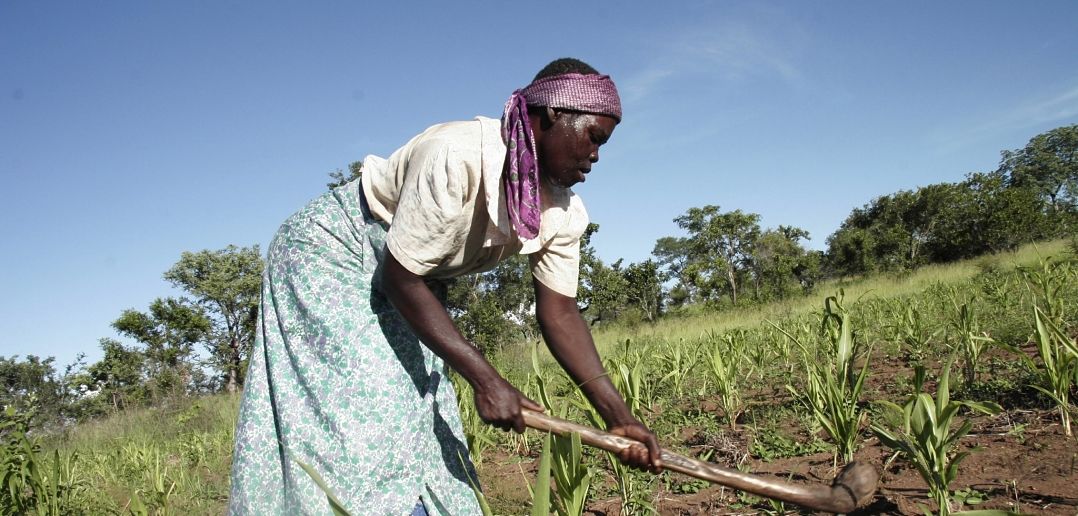
A majority of MEPs have voted in favour of a report by Green MEP Maria Heubuch which heavily criticises a G8 initiative aimed at levering in private investment in agriculture in Sub-Saharan Africa.
The critical report – supported by 577 MEPs, with only 24 against and 69 abstentions – calls on the EU to fundamentally review its participation in a plan known as the New Alliance for Food Security and Nutrition in Africa (NAFSN).
The plan aims to improve food security and nutrition, but Green MEPs say it favours 'large-scale farming, fosters landgrabbing and marginalises small-scale producers, who are supposed to be the ultimate beneficiaries.'
In their report, the Greens call for binding legislation against landgrabbing, and argue that informed consent must be obtained from all communities, before land is transferred for a private sector project.
There are also calls on the G8 not to support GMO crops in Africa and for African farmers to have the right to produce, exchange and sell seeds freely and protect seed diversity.
Commenting on the outcome, Molly Scott Cato, Green MEP for the South West, who steered the report through the agricultural committee in the European Parliament, said: "Our concerns that food security and nutrition appear to be secondary to export opportunities and growth have been acknowledged by the vast majority of MEPs.
"If nutrition is to be at the heart of food systems, we must shift the focus away from global profitability of the land, towards the quality of soil and its produce in local communities.
"The New Alliance must protect the interests of small scale farmers by preventing land grabs, corruption and speculation on land.
"We also need to see the role of women taken much more seriously. It is vital they are consulted, empowered and involved equally in any initiative claiming to address food security."
